UKUAT Blog
Green Build Systems Vertical Farms
Vertical farming within the frame of CEA (Controlled Environment Agriculture) and Agritech have come to the forefront since the global pandemic, with increased awareness of food security and food accessibility. The world’s current methods of transporting food thousands of miles are no longer sustainable, and globally we are heading deeper into poor diets ranging from malnutrition to obesity next door to one another. Alex Pearce, CEO of GBS Ltd, one of the newest UKUAT’s organisational members, talks about vertical farming and how GBS come up with their technology. “We know we can’t single-handedly solve the world’s problems, but we believe we can at least make a positive impact. The potential to feed people in isolated or urban areas where no…
CEA Rough Starter Guide
Updated: May 15 Starting any business is a daunting process and controlled environment agriculture can seem like a particularly messy challenge. Many aspiring indoor farmers have little or no experience of growing anything at all and can be easily put off by the uncertainties around fundamental questions like: “How much can I grow?” “How much energy will all these lights use?” “What sort of building do I need?” There are no universal answers to these, but it is possible to provide some rough numbers for a generalised scenario in order to help you get started. This is what we have done in the inaugural version of our CEA Rough Starter Guide. We hope that the numbers and comments contained in this…
Webinar Series: Transforming Agriculture and its Workforce for a Sustainable Future
Liberty Produce is excited to announce the launch of our highly anticipated webinar series in partnership with Writtle University College (WUC). The series, “Transforming Agriculture and its Workforce for a Sustainable Future”, started on January 27th. The three part series will focus on major issues currently facing our food production systems and potential solutions to transform and modernise agriculture for a more sustainable future. All webinars will feature industry experts and are particularly relevant to viewers interested in sustainable food production. Notable guests include Blueberry Researcher Dr. Susan McCallum from The James Hutton Institute, our Knowledge Director Dr. Dylan Banks and Belinda Clarke, Director of Agri-TechE. The webinars will include a Q&A session with the speakers at the end of…
An introduction to vertical farming: sustainable food security for a changing world
Finding solutions to the challenges posed by an over-reliance on global supply chains has perhaps never been higher up the agenda than in the present day. COVID-19 and the resultant global movement restrictions have brought questions of provenance, security and sustainability to the fore, and it is vital that we take this opportunity as a chance to bring about a greener food recovery. At IGS, we believe that vertical farming has a key role to play in the future of sustainable agriculture, working alongside traditional farmers and food producers to deliver a consistent, reliably high-quality product regardless of location. Our latest publication is an introductory guide to vertical farming, aimed at those who are: Interested in learning more about vertical…
Indoor farming and horticulture light-emitting diodes – Share knowledge, drive development
Würth Elektronik has been very busy lately working on small to big scale experiments in indoor growth chambers and small greenhouses. Würth Elektronik facilities are equipped with electronic components such as our MagI³C power modules and LEDs (light-emitting diodes) in three very special wavelengths, Deep Blue 450 nm, Far Red 730 nm, Hyper Red 660 nm, and full spectrum LEDs. These horticulture LEDs use wavelengths which are optimised for the needs of plants. Even if plants are utilising light to photosynthesise, they do not use the entire spectrum of visible light. Plants only utilize specific frequencies of light for photosynthesis. These frequencies are related to the absorption characteristics of different pigments that are present within organelles called chloroplasts that are…

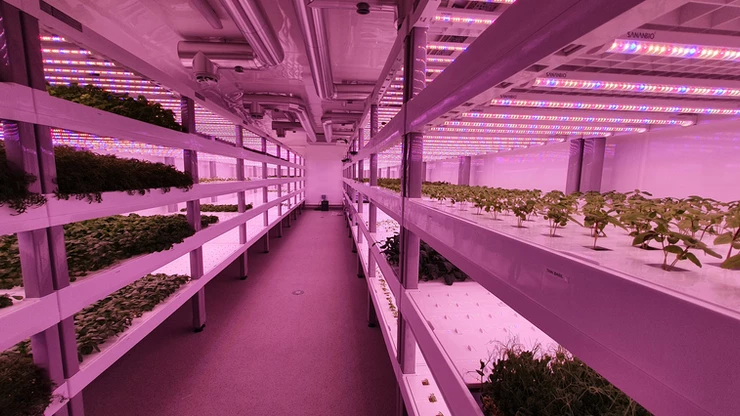
 By
By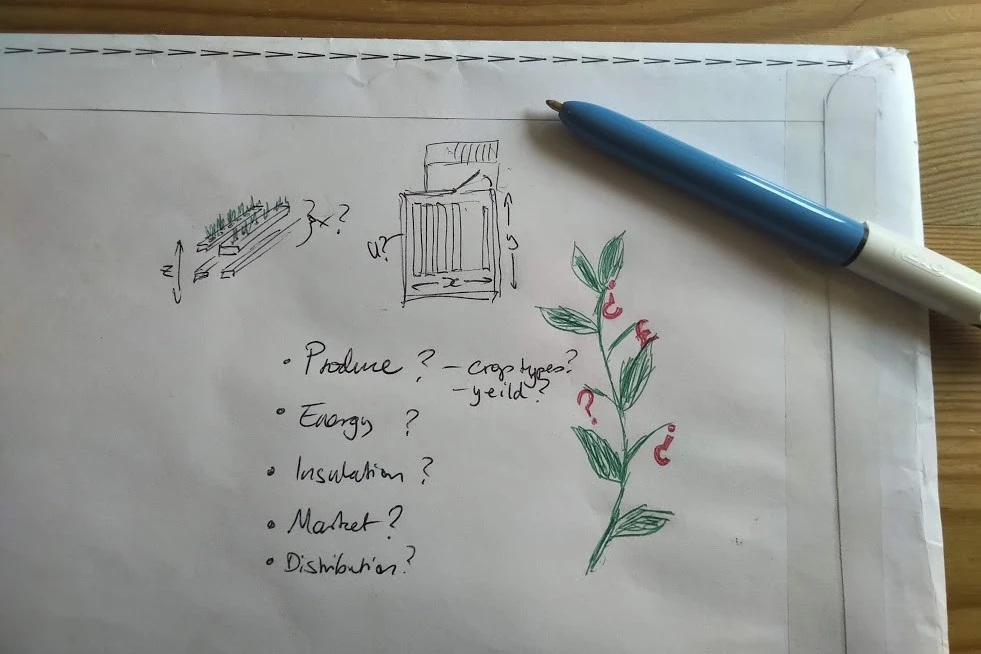
 By
By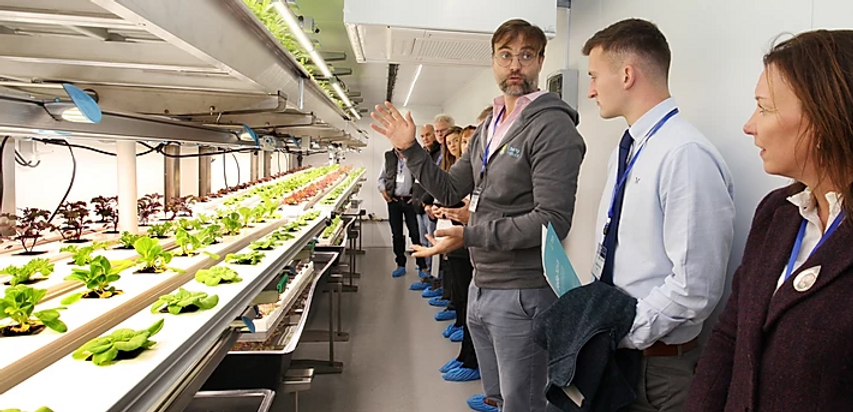
 By
By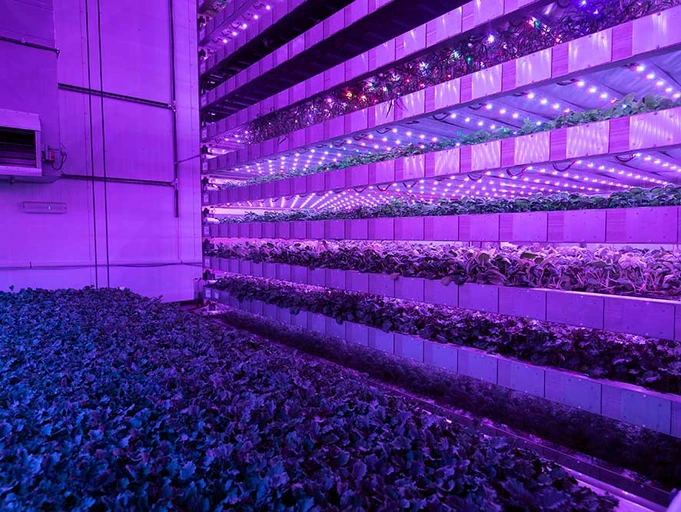
 By
By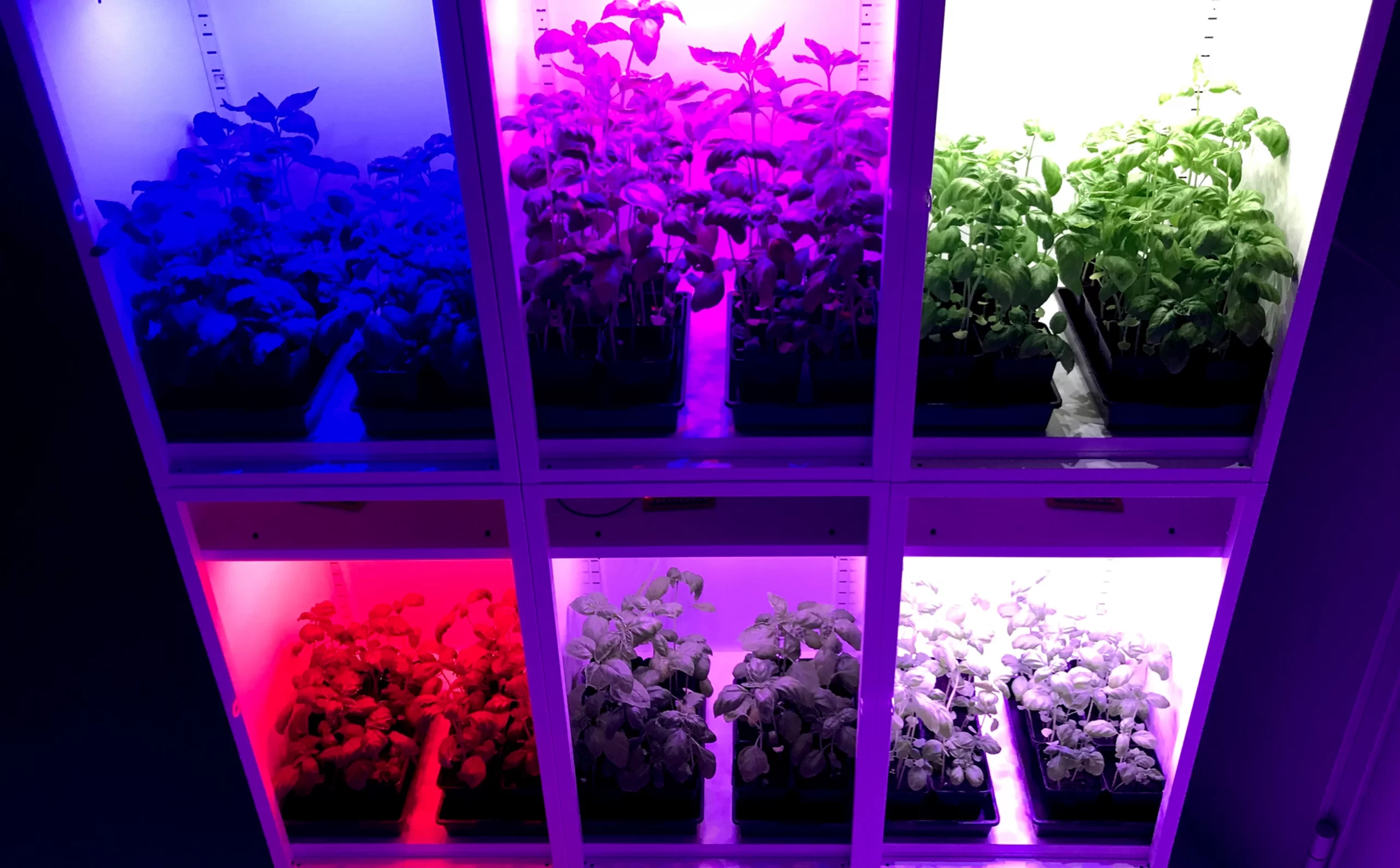
 By
By